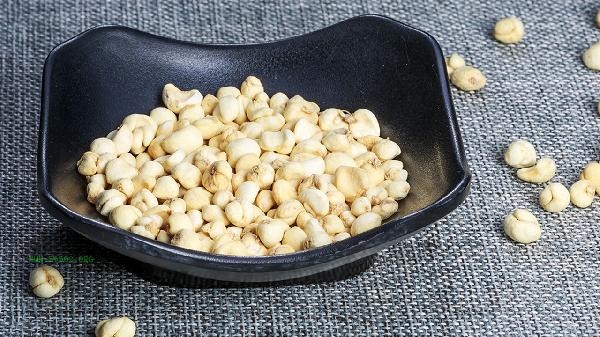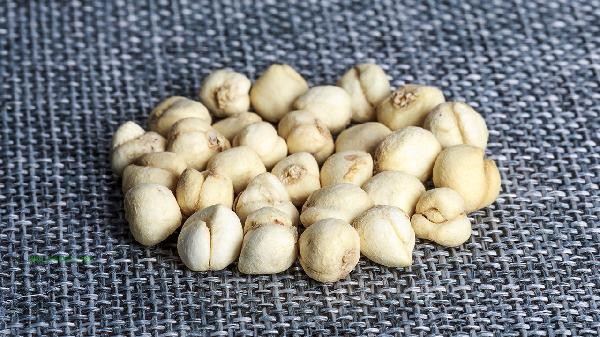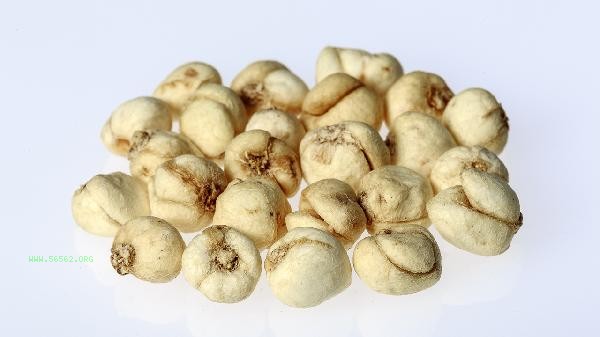Chuanbei and pear can usually be cooked together, and it is recommended to stew for about 30 minutes. Snow pear stewed with scallops is a traditional way to moisten the lungs and stop coughing. The pears need to be cored, filled with scallops powder, and slowly stewed with water until the pear flesh is soft and rotten. Sichuan scallops have a slightly cold nature and can help to reduce phlegm and cough, while pears can produce fluids and moisten dryness. The combination of the two is suitable for people with lung heat cough, dry cough, and no phlegm.

When making, choose fresh and juicy snow pear, cut the top and remove the core, then grind 3-5 grams of scallop into powder and fill the core. Add a small amount of rock sugar or honey for seasoning, cover with pear and secure with a toothpick. Put the processed pear into a stew pot, add water to cover half the height of the pear body, bring to a boil over high heat, then reduce the heat and simmer slowly. When the pear flesh becomes transparent and can be easily penetrated by chopsticks, turn off the heat. It is recommended to eat the pear flesh with soup. If an electric stew pot or pressure cooker is used, the time can be shortened to 15-20 minutes. When cooking under high pressure, it is important to note that the water level should not exceed two-thirds of the container to avoid the loss of effective ingredients from Sichuan scallops with steam. People with physical deficiency cold or wind cold cough should not eat too much, and diabetes patients should reduce the amount of rock sugar. Chuanbei needs to be crushed to fully release its medicinal properties, and stewing whole grains may affect absorption efficiency.

Chuanbei stewed pear is recommended to be taken warm, 1-2 times a day for 3-5 consecutive days. When coughing accompanied by symptoms such as yellow phlegm and fever, it is necessary to seek medical attention in a timely manner. Children and pregnant women should consult a traditional Chinese medicine practitioner before use. Stewed products stored for more than 24 hours need to be reheated to prevent microbial growth. Pear skins are rich in dietary fiber and can be preserved, but pears with high pesticide residue risks are recommended to be peeled.










Comments (0)
Leave a Comment
No comments yet
Be the first to share your thoughts!